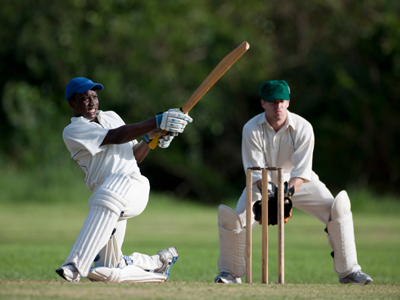

What Are You Like? - Personal Descriptions
Quiz playing is a wonderful way to increase your knowledge of English as a Second Language. Remember that all of our ESL quizzes have titles that are both friendly and serious at the same time… In the case of this quiz you might like to tell your friends about “What Are You Like” but no doubt your teachers will talk about the “Personal Descriptions quiz”! If you hear a specific term and you want to find a quiz about the subject then just look through the list of quiz titles until you find what you need.
Meeting English people, you'll soon find yourself discussing personal descriptions such as 'What are you like?' as you share your interests and experience. This Quiz helps you learn how to deal with personal descriptions quickly and clearly while avoiding some of the 'language traps'.
Think which form of the Present Tense is more usual for factual information like this.
Your eyes are very likely to look like your parents' eyes ... but they can't actually be the very same eyes, can they? (Your parents have their own eyes, and you have yours!)
Ready for more?
not all...
quizzers. Try to win a coveted spot on our Hall of Fame Page.






